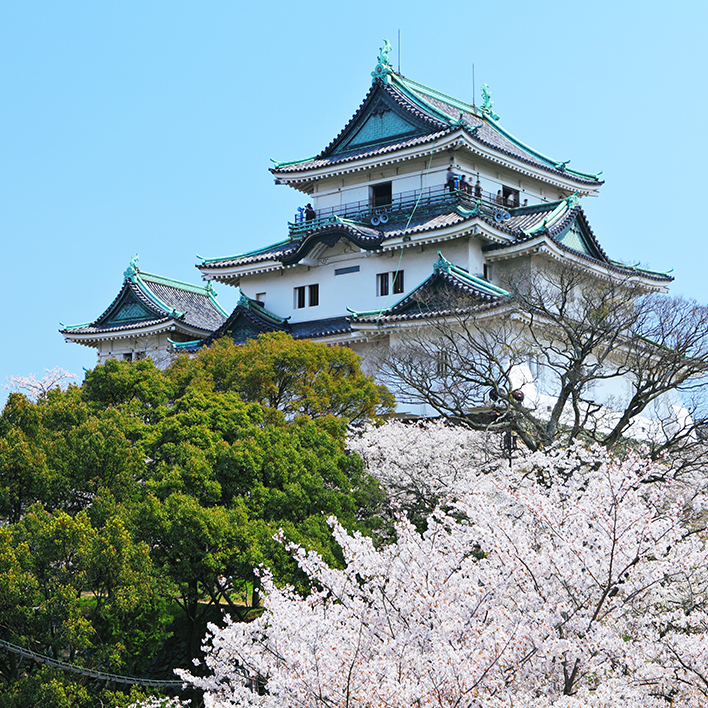
The Global College of Humanities and Area Studies is an integrated college established in 2017, following the reform of the school system, by combining the former College of Humanities with the School of International and Area Studies, which have produced over 10,000 graduates since the foundation of Kookmin University (KMU) and played a central role in preserving the tradition and culture of the university and developing students 'humanistic spirit and global capacity'. The Global College of Humanities and Area Studies was established to provide comprehensive education on the humanities, which serve as the foundation of all learning and knowledge, and area studies, which is necessary for the production of experts in global affairs. The college aims to train students to become talented professionals equipped with a good command of foreign languages and professional knowledge of specific regions on the basis of creativity, humanistic knowledge, and critical thinking skills. The college consists of three schools (School of Korean Language and Literature, School of English Language and Literature, and School of Chinese Studies) and three departments (Department of Korean History, Department of Eurasian Studies, and Department of Japanese Studies) offering nine majors (Korean Language and Literature, Korean as a Global Language, English Literature and Linguistics, English for Global Communication, Chinese Literature and Linguistics, Chinese Politics and Economy, Korean History, Eurasian Studies, and Japanese Studies). Students here join the best humanistic and practical educational programs in Korea, allowing them to develop their critical thinking skills and acquire higher levels of knowledge in diverse areas of the humanities, including languages, literature, history, and philosophy, on the one hand, and gain in-depth knowledge of specific regions around the world, such as the United States, China, Japan, and Russia, on the other.
School of Korean Language and Literature
The School of Korean Language and Literature boasts a long history of conducting research on the Korean language and literature and producing professionals in related areas. Established in March 1972 as the Department of Korean Language and Literature in the School of Literature and renamed in 2017, the School of Korean Language and Literature offers degrees in two concentrations: Korean Language and Literature and Korean as a Global Language. The school aims to turn out talented individuals with independently established, future-oriented perspectives of the world who are capable of preserving cultures, both their own and those of others, based on their professional knowledge of the Korean language and Korean literature.
- Korean Language and Literature
- Korean as a Global Language
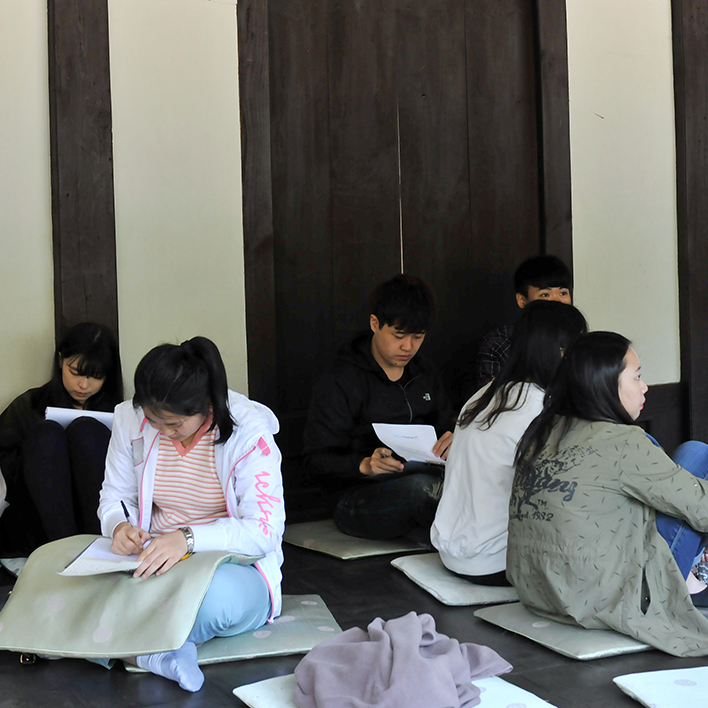
School of English Language and Literature
Throughout the 48 years since its opening in 1968, the School of English Language and Literature has produced outstanding graduates who have gone on to become important members of society. In 2014, the school reformed its academic program and created two new majors, i.e., English Literature and Linguistics and English for Global Communication, thereby committing itself to producing experts in the English language and literature with a good command of practical English.
-
English Literature and Linguistics
The School of English Language and Literature offers diverse programs, including the undergraduate program, which consists of core courses in English literature, English linguistics, and practical English; the English Literature and Linguistics program, made up of major courses in English literature and linguistics; and the English for Global Communication program, consisting of courses in practical English. Enrolled students are free to choose their majors after their sophomore year, having completed their mandatory undergraduate courses. In doing so, students can gain humanistic knowledge and achieve greater English fluency
-
English for Global Communication
The School of English Language and Literature provides students with opportunities to gain valuable experiences, as well as to learn. Above all, they are given chances to participate in conferences and seminars organized and led by students, allowing them to become better acquainted with their fellow undergraduate students while further developing their English language skills and staying fit by engaging in exercise programs. In particular, they can participate in the Sunggok Global Exposure program, which allows students to visit universities in other nations so that they may immerse themselves in new cultures, develop a global mindset, and hone their practical English language skills
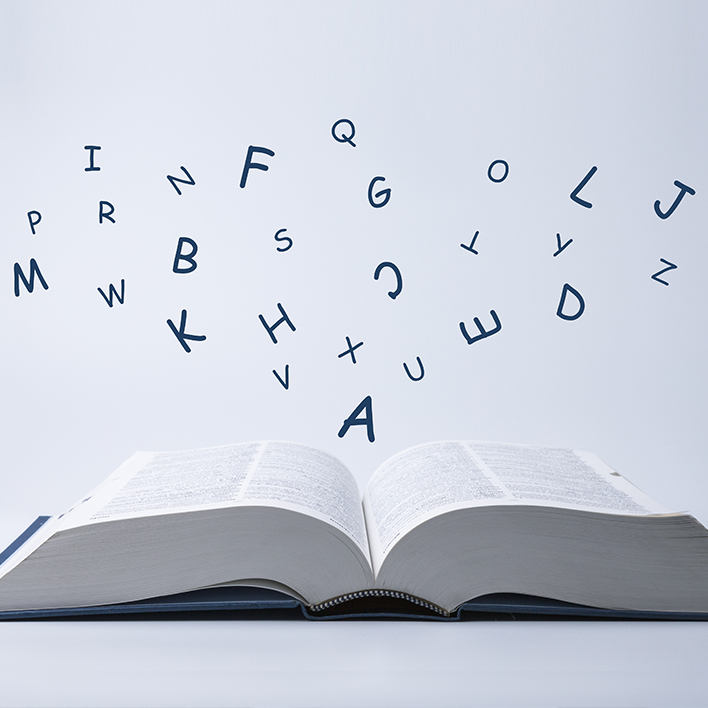
School of Chinese Studies
The School of Chinese Studies aims to produce experts on China who possess a deep, comprehensive understanding of China and have developed balanced perspectives on the nation, in response to the rapid expansion of cooperation between the two countries since the establishment of bilateral diplomatic relations. The school offers comprehensive, professional, and interdisciplinary programs, including the Chinese Literature and Linguistics program, which consists of Chinese language, literature, history, and philosophy courses, among others; and the Chinese Politics and Economy program, comprising courses in Chinese politics, economy, society, culture, and international relations.
- Chinese Literature and Linguistics
- Chinese Politics and Economy
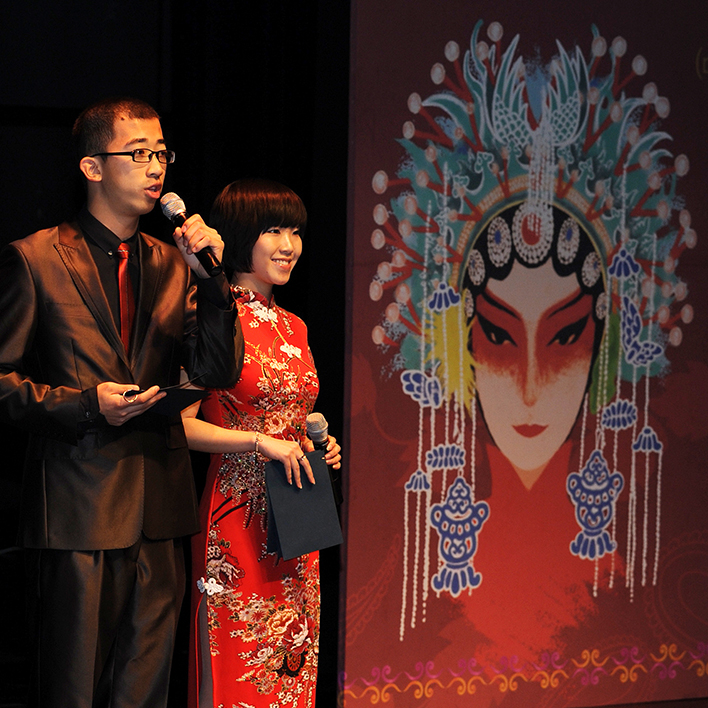
Department of Korean History
The Department of Korean History is committed to conducting systematic research on Korean history, from the ancient past to the present day, so that students can learn about the wisdom that created Korea's outstanding tradition and national culture. To that end, students delve into each period of Korean history through fieldwork and research on ruins and relics and receive history education that encompasses both theory and practice without relying too heavily on literature, which is achieved by designating fieldwork at historical and cultural sites as a mandatory course necessary for graduation. The only history-related department in Korea that publishes fieldwork sourcebooks, the KMU's Department of Korean History aims to prepare students to become visionary leaders with deep insight into the future gained through systematic learning and research designed to develop historical thinking and impart professional knowledge.
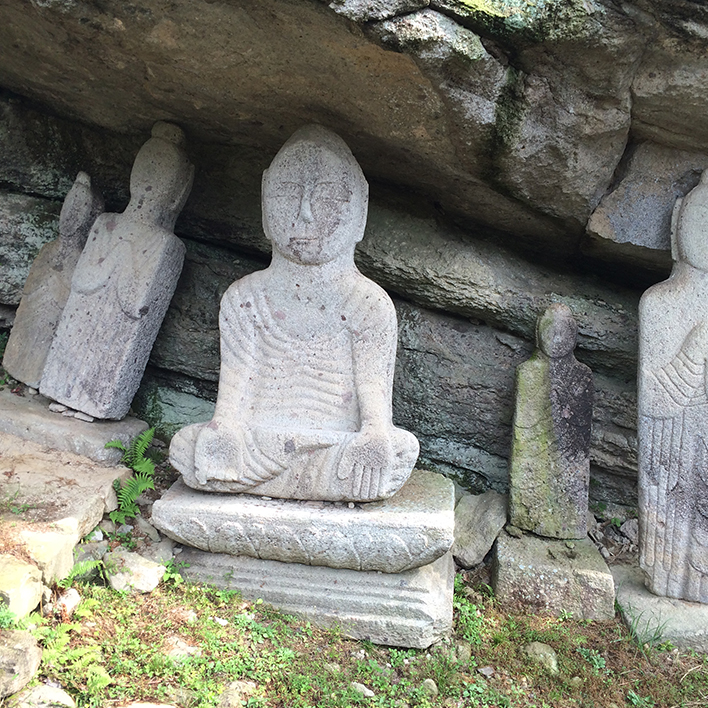
Department of Eurasian Studies
The Department of Eurasian Studies provides students with interdisciplinary, comprehensive, and integrated education that focuses on the politics, economy, history, society, and culture of Russia and other Eurasian countries, as well as on the Russian language, the common language in the Eurasian region, in order to produce experts on Eurasia with a global mindset.

Department of Japanese Studies
The Department of Japanese Studies offers courses that aim to help students develop a global mindset so that they can effectively prepare themselves for the incredible challenges they face in the future era of liberalization and information and grow to become professionals equipped with comprehensive knowledge and understanding of Japan, an East Asian powerhouse located adjacent to the Korean Peninsula.
